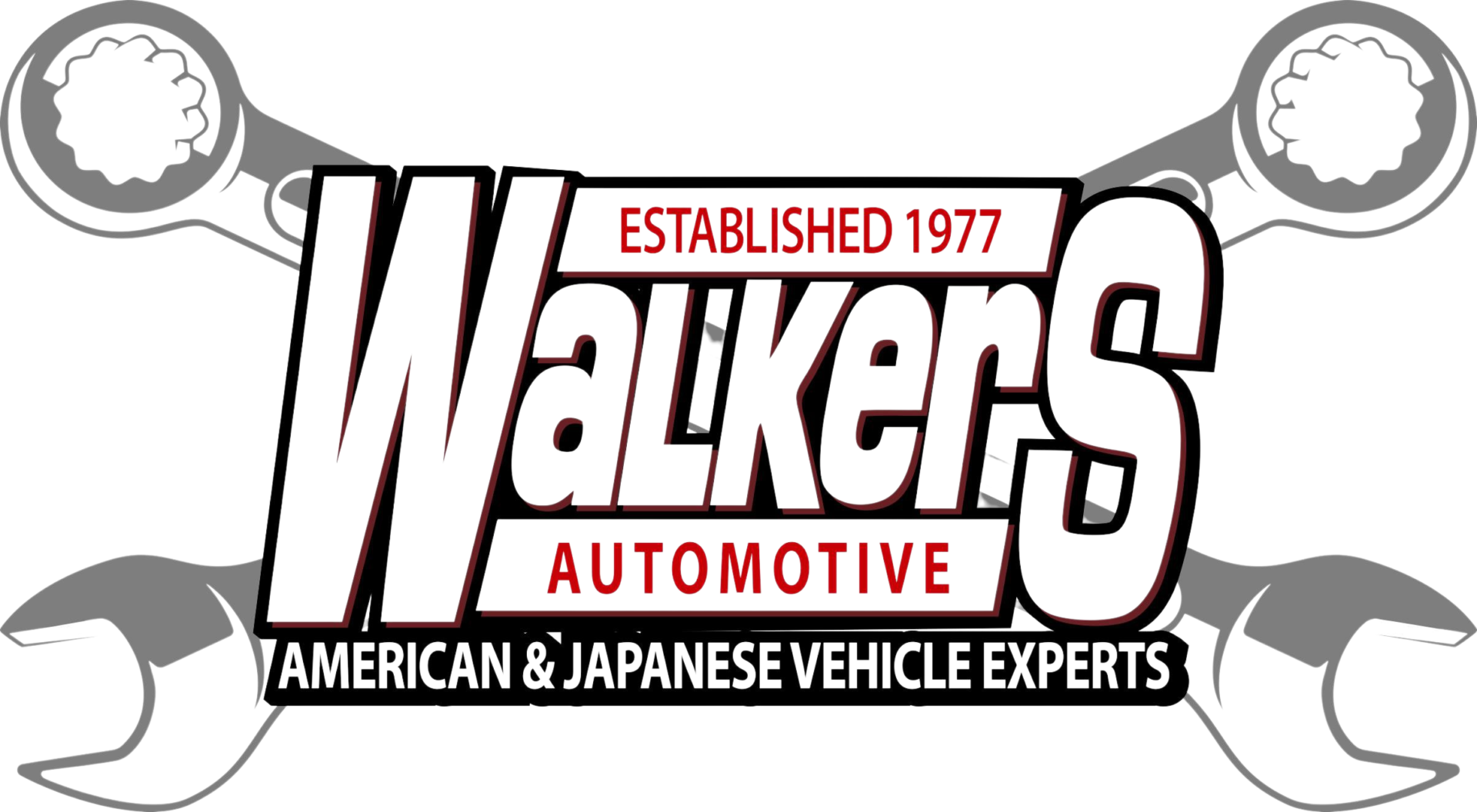Check Engine Light Modesto
What Does My Check Engine Light Mean
The check engine light is part of the on board diagnostics or OBD-II system and every problem it detects basically means something is wrong with the emissions system.
You may ask why the check engine light diagnostic computer only monitor your emissions system? Well first, it’s better for the environment to have every car running cleaner, so every car has a computer for that purpose.
Second, most issues with your engine will show up in the emissions system.
Get a Fast Free Quote!
Most Common Reasons For Your Check Engine Light To Be On:
- Loose or Damaged Gas Cap
- Faulty Oxygen Sensor
- Failing Catalytic Converter
- Faulty Mass Air Flow Sensor
- Bad Spark Plug & Wires
What you can do
So first thing to try is to remove and then screw on your gas cap. Then turn your car on and off a few times and see if that fixes the problem. If it does, Great!
However, the code will likely still be stored in the computer. If you are due for emissions testing soon, see us first to make sure the problem is resolved.
How Long Can I Ignore My Check Engine Light?
If your Check Engine Light Is steady and NOT blinking.
Bring it in in the next few days when you have some time. It may be something simple that is an easy fix. If it turns out to be serious, the sooner you know the better. Together we can come up with a game plan of when it needs to be repaired by so you can plan it into your life and budget.
If the indicator is blinking, the situation is usually serious.
When the indicator light is blinking it’s really trying to get your attention because the problem could be hurting your engine, which could cause additional expensive repairs. To be safe we would advise you to pull over and give us a call. Tell us anything you heard, felt or could smell. Then we can advise you your best course of action. If you didn’t feel, hear or smell anything, we probably will say you can drive it in, but the call and advice are free. So to be safe, please call.
Why Should You Have An Experienced ASE Mechanic Diagnosed Your Vehicle?
This is where an experienced ASE certified mechanic & auto shop comes in. You see if we get a code that says. “Your engine is not getting enough fuel” between our software and experience we know there are probably 30 reasons why that problem is happening.
To check all of those issues that could be 10 hours of diagnosis time, however because of our experience and software, we know out of those 30 reasons typically it’s one of the top 5. We will and check those first, and in most cases, find the actual problem.
This is why taking your car to a professional who can diagnose your car correctly and as efficiently as possible the first time is the best solution possible.
